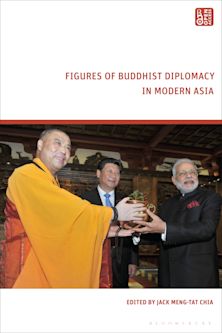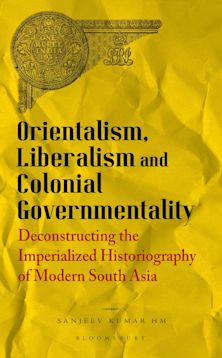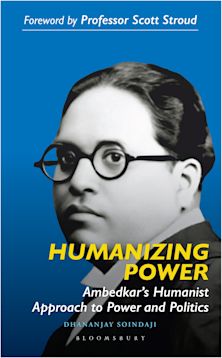Collaborative Nationalism
The Politics of Friendship on China's Mongolian Frontier
Collaborative Nationalism
The Politics of Friendship on China's Mongolian Frontier
Description
Cosmopolitanism and friendship have become key themes for understanding ethnicity and nationalism. In this deeply original study of the Mongols, leading scholar Uradyn E. Bulag draws on these themes to develop a new concept he terms "collaborative nationalism." He uses this concept to explore the paradoxical dilemma of minorities in China as they fight not against being excluded but against being embraced too tightly in the bonds of "friendship." Going beyond traditional binary relationships, he offers a unique triangular perspective that illuminates the complexity of regional interaction.
Thus, Collaborative Nationalism traces the regional and global significance of the Mongols in the fierce competition among China, Japan, Mongolia, and Russia to appropriate the Mongol heritage to buttress their own national identities. The book considers a rich array of case studies that range from Chinggis Khan to reincarnate lamas, from cadres to minority revolutionary history, and from building the Mongolian working class to interethnic adoption. So-called friendship and collaboration permeate all of these arenas, but Bulag digs below the surface to focus on the animosity and conflicts they both generate and mask. Weighing the options the Mongols face, he argues that the ethnopolitical is not so much about identity as it is about the capacity of an ethnic group to decide and organize its own vision of itself, both within its community and in relation to other groups. Nationalism, he contends, is collaborative at the same time that it is predicated on the pursuit of sovereignty.
Table of Contents
Part I: Subimperial Desires
Chapter 1: Hunting Chinggis Khan's Skull and Soul
Chapter 2: Lamas to the Rescue: Tibeto-Mongolian Buddhism and Imperial Nationalisms
Part II: Collaborative Nationalism
Chapter 3: Friendship, Treason, and Collaborative Nationalism
Chapter 4: Yearning for Friendship: The Political in Minority Revolutionary History
Part III: Interethnic Intimacy
Chapter 5: The Flight of the Golden Pony: Socialism and the Stillbirth of the Mongolian Working Class
Chapter 6: Interethnic Adoption and the Regime of Affection
Conclusion: The Specter of Interethnic Friendship
Bibliography
Product details
| Published | Jul 16 2010 |
|---|---|
| Format | Ebook (Epub & Mobi) |
| Edition | 1st |
| Extent | 302 |
| ISBN | 9781442204331 |
| Imprint | Rowman & Littlefield Publishers |
| Series | Asia/Pacific/Perspectives |
| Publisher | Bloomsbury Publishing |
Reviews

ONLINE RESOURCES
Bloomsbury Collections
This book is available on Bloomsbury Collections where your library has access.



































